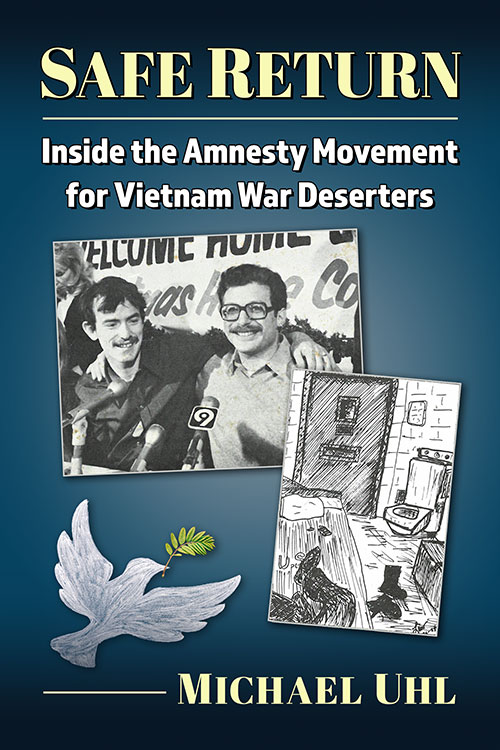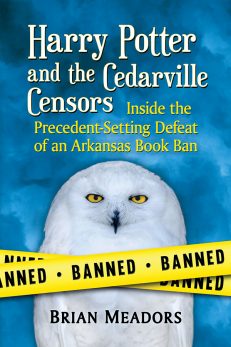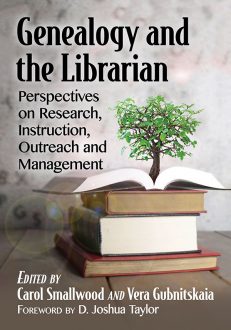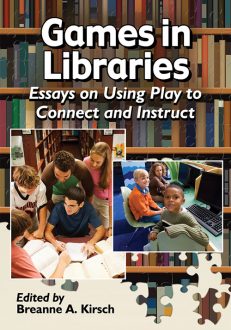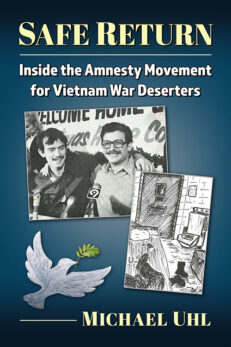Safe Return
Inside the Amnesty Movement for Vietnam War Deserters
$29.95
In stock
About the Book
In 1971, antiwar activists Michael Uhl and Tod Ensign founded the Safe Return Committee in New York City, seeking amnesty for those who resisted the Vietnam War. While thousands of young Americans chose exile in Canada and Europe to avoid the draft, Safe Return worked on behalf of those who had come to oppose the war after entering the armed forces. Once in uniform, many ran afoul of a draconian system of military justice and institutionalized racism. They deserted in epidemic numbers, some to foreign exile. This book tells the story of the Committee’s sponsored return of deserters and draft evaders, in a series of actions widely publicized to build public support for their acts of resistance.
About the Author(s)
Bibliographic Details
Michael Uhl
Format: softcover (6 x 9)
Pages: 271
Bibliographic Info: 35 photos, notes, bibliography, index
Copyright Date: 2023
pISBN: 978-1-4766-9215-9
eISBN: 978-1-4766-4953-5
Imprint: McFarland
Table of Contents
Acknowledgments vii
List of Abbreviations xi
Preface 1
Prologue 11
Chapter 1. Safe Return 15
Chapter 2. John David Herndon 27
Chapter 3. Safe Return’s Beginner’s Luck 39
Chapter 4. Tommy Michaud 50
Chapter 5. Organizing the Exile Community 64
Chapter 6. The Paris Exile Conference: A Debacle 80
Chapter 7. Moving Forward After Paris: Building FORA 100
Chapter 8. Ed Sowders 112
Chapter 9. Sowders Freed, Uhl in Exile 122
Chapter 10. The Trials of Private Lewis Simon: The Buildup 129
Chapter 11. The Trials of Private Lewis Simon: The Outcome 149
Chapter 12. The Trials of Private Lewis Simon: The Fallout 163
Chapter 13. The Next Turn 174
Chapter 14. Ford’s Amnesty: Earned Reentry 178
Chapter 15. William Meis 183
Chapter 16. Artists and Actors for Amnesty 192
Chapter 17. Loose Ends 201
Chapter 18. Striking Developments and Sad News 210
Chapter 19. Carter’s Pardon: Amnesty’s Final Battle 217
Chapter Notes 243
Bibliography 251
Index 255
Book Reviews & Awards
• “Safe Return is a fascinating book, and Michael Uhl is a good, effective writer. From the very first page, this is a gripping story, a memoir of his experiences in the years after he returned from Vietnam… What makes this book worthwhile are the intense stories of human beings who have turned their backs on the American military’s institutional violence… Safe Return presents an insightful look at a neglected tidbit of American history. It is a good read and recommended.”—The Veteran
• “Michael Uhl’s provocative and intensely personal account of the Safe Return Movement of Americans who refused to be complicit in the Vietnam War is a vital contribution to our recovered history. By cutting through many of the myths and slanders about the young men who crossed borders rather than kill or be offered up as cannon fodder in a war they opposed, Uhl illuminates the true nature of a misunderstood movement to subvert the war. Uhl makes clear that this movement was driven more by class consciousness–the bond between poor working-class Americans and Vietnamese peasants–than moral rectitude. As the war staggered to its bloody end, the pressing questions were: how would these men return from their exile and how would their courageous acts of resistance be remembered? In the end, the quest for amnesty was not just a way to recognize of the validity of their resistance, but also a first step toward redeeming part of the national soul that had been eaten away by an unjust war.”—Jeffrey St. Clair, editor of CounterPunch, author of Grand Theft Pentagon
• “Vietnam veteran, antiwar activist, and writer, Michael Uhl, has spent a good part of his life organizing and writing in struggle with and for Vietnam veterans, especially those who opposed the war by organizing against it. He has helped to publicize war crimes, to obtain justice for those who deserted, to get medical treatment for those suffering PTSD and Agent Orange poisoning, and to make amends to the millions of Vietnamese who died, were injured, and poisoned by the US holocausts in Southeast Asia. In this book, he documents his work, along with Tod Ensign, to win amnesty for the half million soldiers, mostly form the working class, who, no longer able to participate in the carnage, deserted, fleeing to Canada, Sweden, France, the United States, and elsewhere. Through bold ingenious direct, independent actions—with the deserters themselves and sometimes the deserters’ families—Uhl and Ensign succeeded in humanizing the deserters and shedding light on the perfidy of the U.S. government’s efforts to brand them traitors. While Uhl and Ensign failed to achieve their ultimate goal, they did ensure that the deserters did not suffer the severe punishments they likely would have absent the Safe Return movement.”—Michael D. Yates, director of Monthly Review Press, author of Can the Working Class Change the World?
• “The remarkable story of two young men unswervingly dedicated to healing the survivors of a senseless war. This is what true political activism looks like.”—Bob Balaban, actor.


